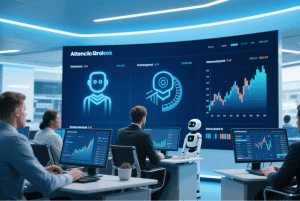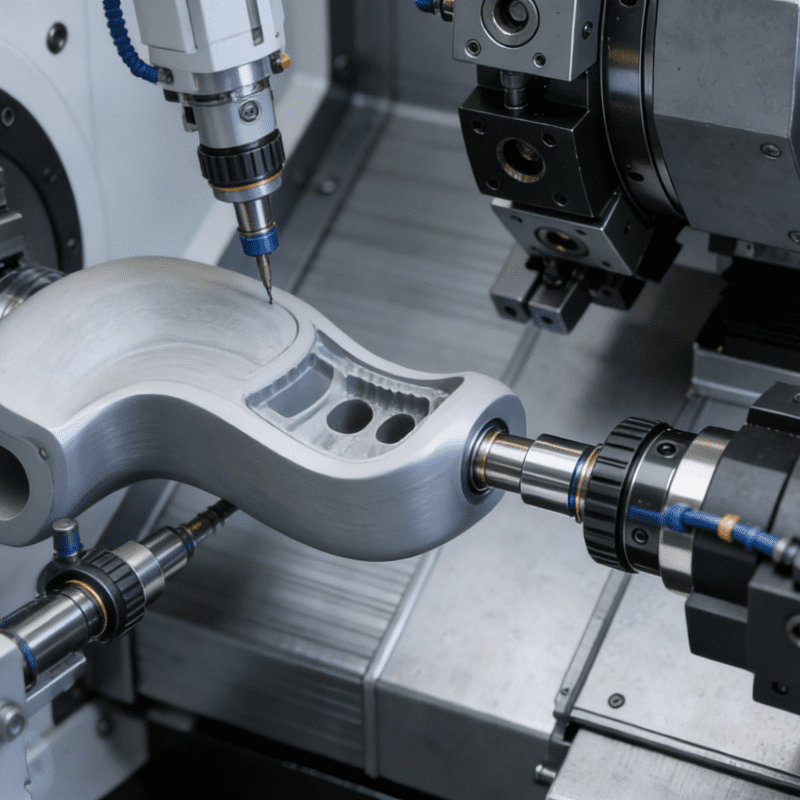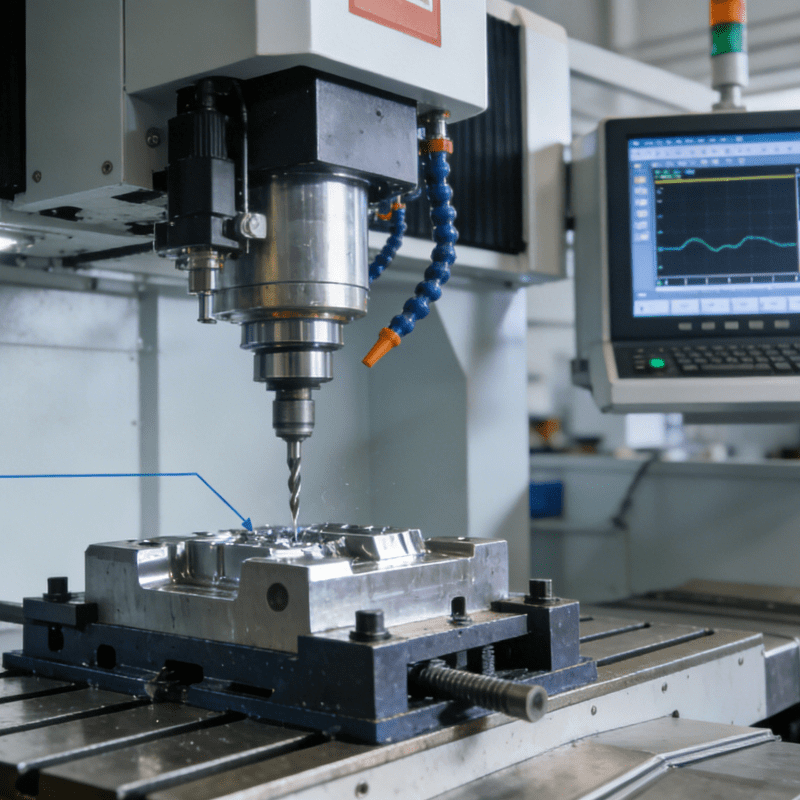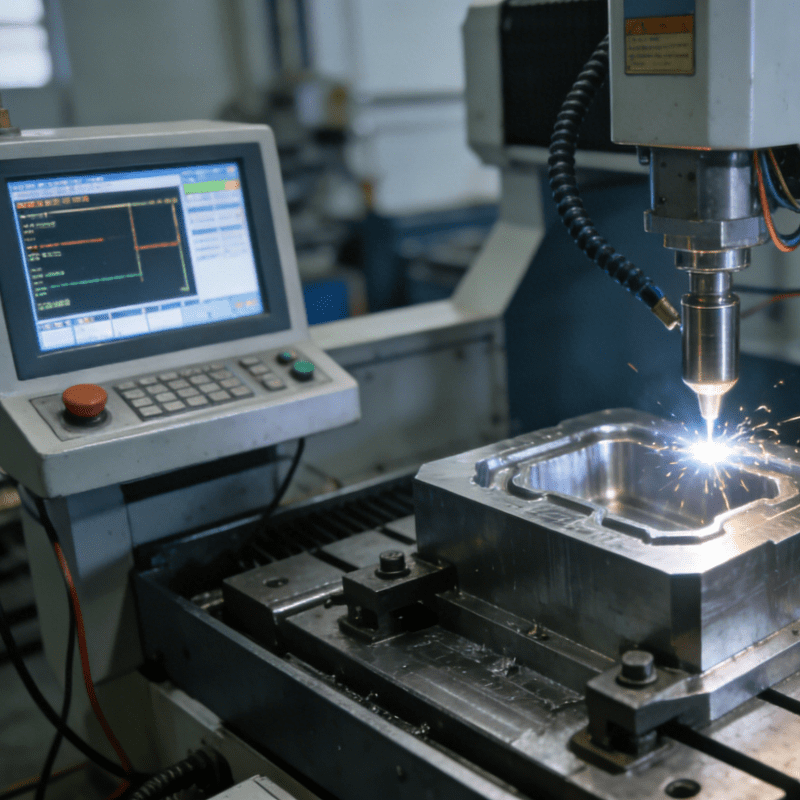Table of Contents
Toggle3 unverzichtbare KI-Aktien für Anleger im Zeitalter der intelligenten Automatisierung

In the era of intelligent automation, where industrial automation and cutting-edge AI technologies are reshaping global industries, three stocks stand out as cornerstones for any investment portfolio. These companies aren’t just riding the AI wave—they’re building the infrastructure and solutions that power intelligent automation ecosystems, from semiconductor chips to cloud-based AI tools and automation equipment. Here’s why Nvidia, Microsoft, and Amazon are no-brainer choices for investors eyeing the intersection of AI and industrial transformation.
1. Nvidia: The Engine Behind Intelligent Automation’s Hardware Revolution
Nvidia’s dominance in AI chips is unparalleled, with its GPUs serving as the backbone for intelligent automation systems worldwide. From training massive language models to powering real-time data analysis in industrial automation settings, Nvidia’s hardware is essential for companies looking to deploy AI at scale. While its $3 trillion valuation reflects market enthusiasm, the company’s role in enabling automation equipment—from robotic arms in factories to AI-driven logistics systems—solidifies its long-term relevance.
The biggest risk—AI spending slowdown—has already sparked short-term volatility, but Nvidia’s strategic pivot toward industrial automation applications (e.g., autonomous vehicle development and smart factory solutions) mitigates this. As factories worldwide upgrade to intelligent automation, the demand for high-performance AI chips like Nvidia’s H100 and A100 will only grow, making it a resilient hold for both short and long-term investors.
2. Microsoft: Integrating AI into Industrial Automation Workflows
Microsoft offers a safer bet than Nvidia, blending AI with its entrenched software ecosystem to drive intelligent automation in enterprise settings. Its AI Copilot, integrated into Office 365 and Dynamics 365, isn’t just a productivity tool—it’s a bridge between human intuition and industrial automation processes. For manufacturers, Copilot can optimize supply chain management, predict equipment maintenance needs, and even simulate production line adjustments—all by leveraging data from existing automation equipment.
The company’s cloud arm, Azure, is equally critical: it hosts AI models for industrial clients and supports the deployment of digital twins—virtual replicas of physical systems that are central to modern industrial automation. With 13% revenue growth in its latest quarter, Microsoft proves that AI integration (not just hype) drives tangible results. As Copilot-powered PCs and IoT devices gain traction, the company’s role in connecting AI to everyday industrial operations will only deepen.
3. Amazon: From Automation Equipment to End-to-End Intelligent Ecosystems
Amazon’s AI ambitions span from silicon to smart cities, making it a diversified play on the intelligent automation trend. The company’s custom chips (e.g., Graviton and Trainium) power its AWS cloud, which in turn hosts AI workloads for enterprises digitizing their industrial automation systems. Meanwhile, its logistics network—fueled by tens of thousands of automation equipment like robotic pickers and autonomous forklifts—serves as a living lab for AI-driven efficiency.
AWS’s dominance in cloud computing (63% of Amazon’s operating profit) positions it to benefit from the surge in AI data storage and processing. Additionally, initiatives like Zoox (robotaxis) and Amazon Robotics showcase the company’s commitment to integrating AI with physical automation equipment. With $155.7 billion in Q1 2025 net sales, Amazon proves that scaling intelligent automation across e-commerce, cloud, and logistics creates a moat few rivals can match.
In a world where intelligent automation and industrial automation are no longer buzzwords but business imperatives, these three stocks offer exposure to the technology, infrastructure, and services driving the revolution. Nvidia supplies the brains, Microsoft provides the software glue, and Amazon delivers end-to-end automation ecosystems—all supported by a backbone of cutting-edge automation equipment. For investors, owning these names isn’t just about betting on AI; it’s about investing in the future of how industries will operate, adapt, and thrive in the automated age.



















